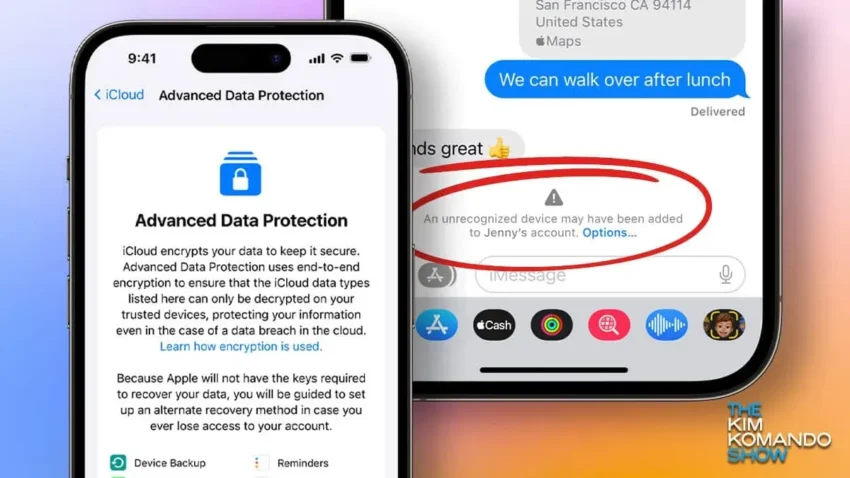In a significant move that has sparked widespread debate, Apple has disabled its Advanced Data Protection (ADP) feature for cloud data storage in the UK, following pressure from the government for access to encrypted user data. This decision marks a crucial intersection of user privacy and national security, as tech giants like Apple grapple with government demands that challenge their commitment to protecting customer information. As the conflict unfolds, both sides present compelling arguments: law enforcement officials claim that encryption hampers criminal investigations, while tech advocates stress the essential role of encryption in safeguarding privacy. The implications of this decision extend far beyond Apple, potentially reshaping the landscape of digital security and user trust.
| Category | Details |
|---|---|
| Company | Apple |
| Feature Removed | Advanced Data Protection (ADP) for cloud data storage in the UK |
| Reason for Removal | Dispute with the UK government over access to encrypted data |
| Impact on Users | New users cannot access ADP; current users will need to disable it eventually |
| Government’s Stance | The government demands access to encrypted data for law enforcement purposes |
| Apple’s Statement | “We are gravely disappointed that ADP will not be available in the UK…” |
| Tech Industry Reaction | Shock and concern about privacy and security implications |
| Expert Opinions | Experts warn against compromising encryption, viewing it as essential for privacy |
Understanding Apple’s Encryption Policy
Apple’s encryption policy is designed to protect user data stored in the cloud, ensuring that only the account holders can access their personal files. This feature, known as Advanced Data Protection (ADP), was a crucial part of Apple’s strategy to enhance user privacy. Unfortunately, due to a dispute with the UK government, new users cannot access this feature, which raises concerns about data safety and privacy for many people.
Encryption is like a secret code that keeps your messages and photos safe. With Apple’s ADP, even Apple itself couldn’t see your data. This made many users feel secure, knowing that their private information was truly private. However, the UK government believes that this kind of privacy might help criminals hide from law enforcement, leading to the decision to remove this important security feature.
Frequently Asked Questions
What is Advanced Data Protection (ADP) from Apple?
Advanced Data Protection (ADP) is a security feature that allows users to keep their cloud data private, meaning only they can access their photos and documents.
Why did Apple remove ADP in the UK?
Apple removed ADP in the UK due to government demands for access to user data, which conflicted with their privacy protection goals.
What does end-to-end encryption mean?
End-to-end encryption ensures that only the sender and receiver can read messages, keeping them safe from anyone else, including the service provider like Apple.
How does this change affect current ADP users?
Current ADP users will eventually need to disable the feature, as it is no longer available to new users in the UK.
What is the UK government’s stance on encryption?
The UK government believes encryption can hinder criminal investigations, but they also state that they require separate warrants to access any data.
How has the tech industry reacted to Apple’s decision?
Many tech experts are concerned about the implications of removing ADP, as it could compromise user privacy and security.
What did Apple say about the removal of ADP?
Apple expressed disappointment about removing ADP, emphasizing the importance of strong security for customer data amidst rising data breaches.
Summary
Apple has stopped offering its Advanced Data Protection (ADP) feature in the UK, which allowed users to keep their cloud data private from the company. This decision followed a demand from the UK government for access to encrypted data, claiming it hindered criminal investigations. Although Apple believes privacy is crucial for users, they have begun transitioning current users away from this feature, which means that some user data could now be accessible to Apple and law enforcement. The tech industry has reacted strongly, emphasizing the risks to personal privacy and security.






